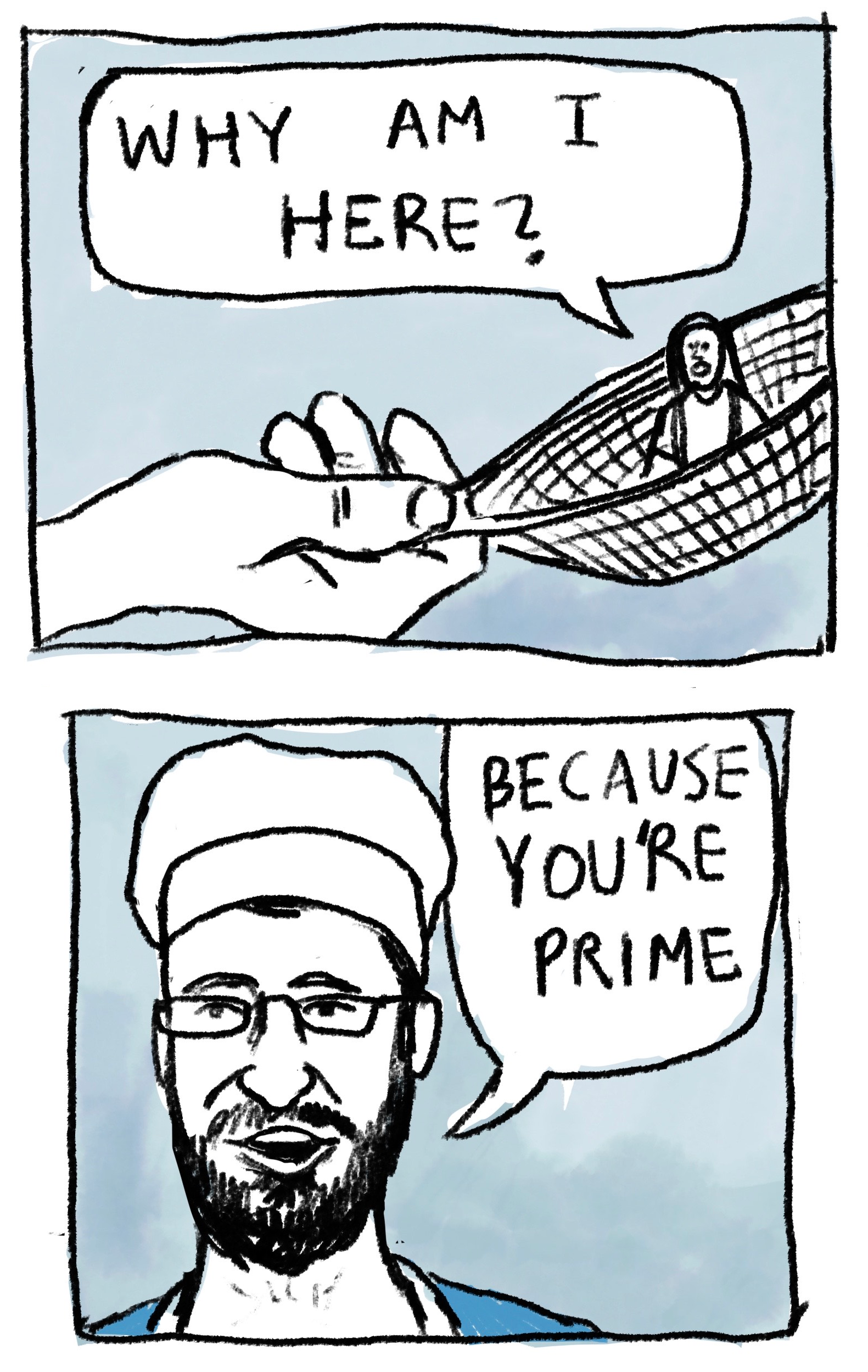Graphic Novels Can Teach Mathematics
 Facilitator: Audrey Nasar
Facilitator: Audrey NasarIn the United States, graphic novels are increasingly being used for scholastic purposes across the curriculum as supplements or replacements for traditional textbooks. In particular, there are a number of graphic novels that explore mathematical concepts in algebra, calculus, statistics, and even graduate level mathematics. Some examples include Apostolos Doxiadis and Christos H. Papadimitriou’s Logicomix: An Epic Search for Truth, Andrew Granville and Jennifer Granville’s Prime Suspects: The Anatomy of Integers and Permutations, Larry Gonick’s Cartoon Guide to series, and The Manga Guide to series.
In this four-session minicourse [no Friday session], we will explore how graphic novels and comics can be used to teach mathematics. The sessions will begin with an introduction to the graphic medium followed by a study of several mathematically themed graphic novels, which participants will analyze according to their narrative approach, graphic style, and pedagogical content. In the sessions that follow, participants will choose mathematical concepts and then work on creating a storyline, developing characters, and drawing thumbnails for a short graphic novel (2-3 pages) to teach the concept. Participants will share and critique each others’ ideas and then revise and finalize their work.
- What prerequisite knowledge or skills will the workshop assume?
There are no prerequisites for this workshop.
- What specific preparation or tasks should participants have completed prior to the beginning of the workshop?
During the workshop participants will be asked to draw. This can be done using a paper and pen or pencil or using a stylus and tablet. For those drawing on paper, please make sure you have the necessary tools to quickly scan in the drawings and share them with us. Please feel free to contact me before the workshop if you would like suggestions for how to scan without a proper scanner.
Additionally, If a participant has never read a graphic novel or comic book before it may be worth picking one up and browsing through.
Examples of mathematical graphic novels to reference include Solution Squad by Jim McClain, Logicomix: An Epic Search for Truth by Apostolos Doxiadis, Prime Suspects: The Anatomy of Integers and Permutations by Andrew Granville and Jennifer Granville, Larry Gonick’s Cartoon Guide to series, and The Manga Guide to series.
- What outcomes should participants expect to achieve by the end of the workshop?
By the end of the workshop students will have created a 1-2 page comic that teaches a mathematical concept.
- Will there be specific projects for participants, or should participants have their own projects in mind already?
Participants should choose a mathematical concept that they would like to teach in their comic. Since we will be making a short comic, I recommend starting with something simple (i.e. not the central limit theorem!).